The rush to build autonomous cars and electric vehicles will end with "a pile-up of epic proportions", with manufacturers to lose billions developing and building cars that consumers don’t actually want or won’t pay for, according to a new report.
US-based consulting firm AlixPartners issued the stern warning in its Global Automotive Outlook: What's Ahead for the Industry? report, delivered to US media outlets this week.
The study - compiled from public and private sources and consumer interviews - found that, by 2023, more than US$255b will have been spent developing a rapidly growing fleet of all-electric vehicles across almost all brands. It marks a huge increase on the US$25b spent over the past eight years
Investment in autonomous technology over that period will be a smaller - but still substantial - US$61b.
But the problem identified in the report is the huge gap between what these technologies will cost to bring to market, and what consumers are actually willing to pay for them.
The study points out that full-autonomous technology will cost around US$22,900 per vehicle, but research suggests consumers don’t want to pay more than US$2300 for it. That leaves a substantial gap for the industry to foot.
The problem is compounded by the fact world car sales are expected to fall over the next 15 years, with autonomy unlocking new ride-sharing and driverless-transport applications. The return on investment was so low, the study found, it would eventually threaten OEM-supplier relationships, with manufacturers unable to sustain expensive partnerships with outside suppliers.
“We are moving from an internal-combustion world where people buy their own cars to a world where you're going to have electric being the dominance of it, and autonomous being a key driver of it," AlixPartners global VC, John Hoffecker told US media. “What autonomous does is changes things in our view even more than electric does, or anything else we've seen before.
“What we're going to have is the falling out of a lot of the automakers and suppliers out there because they're not needed. Because with that kind of return on capital, where we are as an industry is not sustainable.”
The findings mirror those of car company FCA, where the chief technology officer, Harald Wester, warned that the nine radars, seven cameras, five LIDARs, two CPUs, on-board actuators and high-speed connection currently required for most cars to reach Level Five autonomy could add as much as US$30,000 to a vehicle's sticker price. In the USA, FCA has partnered with Google's self-driving subsidiary Waymo, and will begin delivery of 62,000 Chrysler Pacifica people-movers later this year to join the Waymo fleet.
"The total system cost for real self-driving will be initially around US$30,000, decreasing though high-volume industrialisation to approximately US$10,000,” he says.
Other predictions in the study suggest EVs will hold a market share in the USA of between 16 and 21 per cent - compared to 40 per cent in Europe - by 2030. In the USA, 22.5 per cent of US buyers say they are intending to purchase a plug-in hybrid vehicle. The report also predicts a sharp drop in new-car sales in the USA by 2030, owing largely to the ride of car sharing and autonomous “robotaxis”.
In Australia, the take-up of electric vehicles has been slow, with the Federal Government releasing figures in January showing just 0.1 per cent of new cars sold are EVs. The high cost of entry (the vast majority of EVs sold here start above $60,000) is one possible culprit.





.jpg)







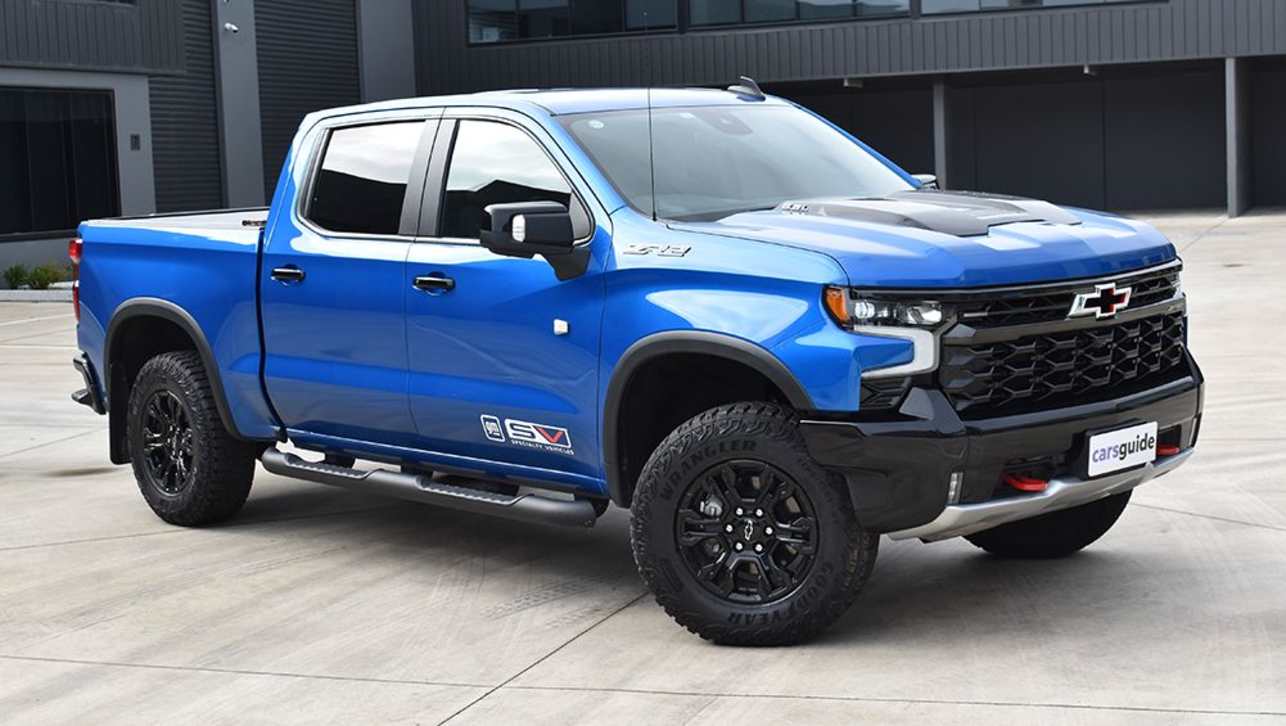
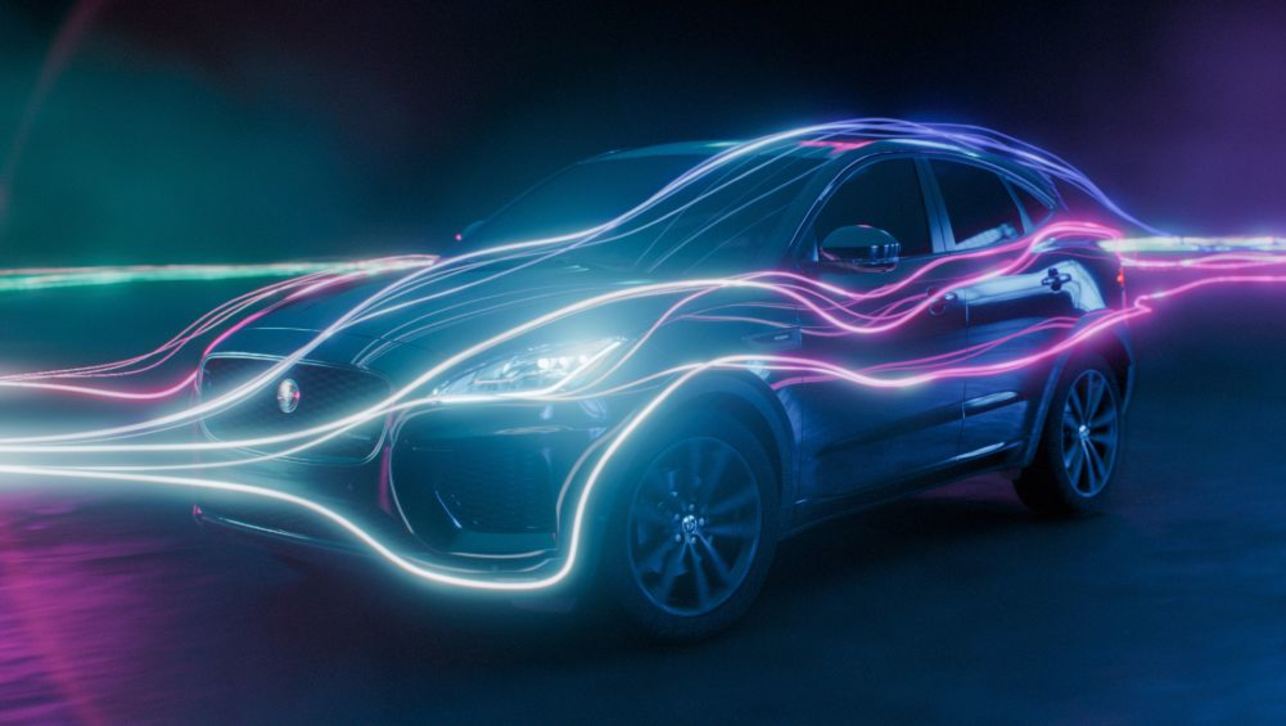
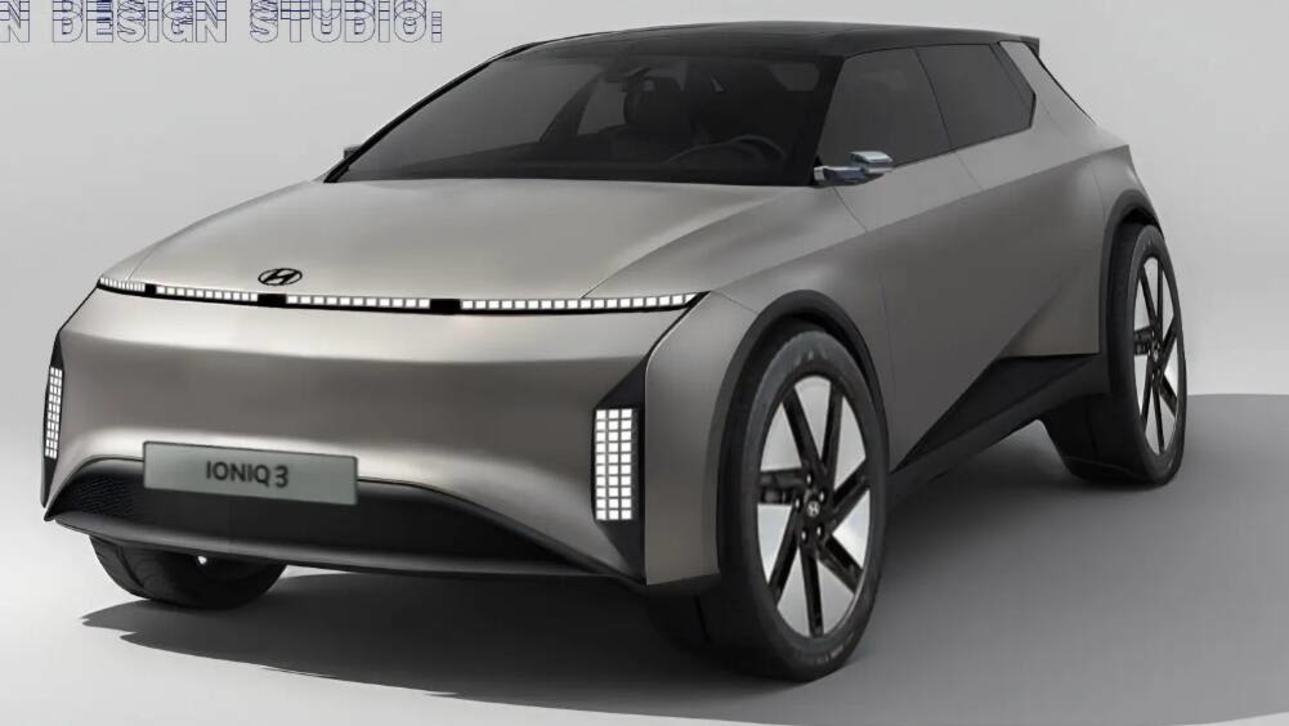
.jpg)
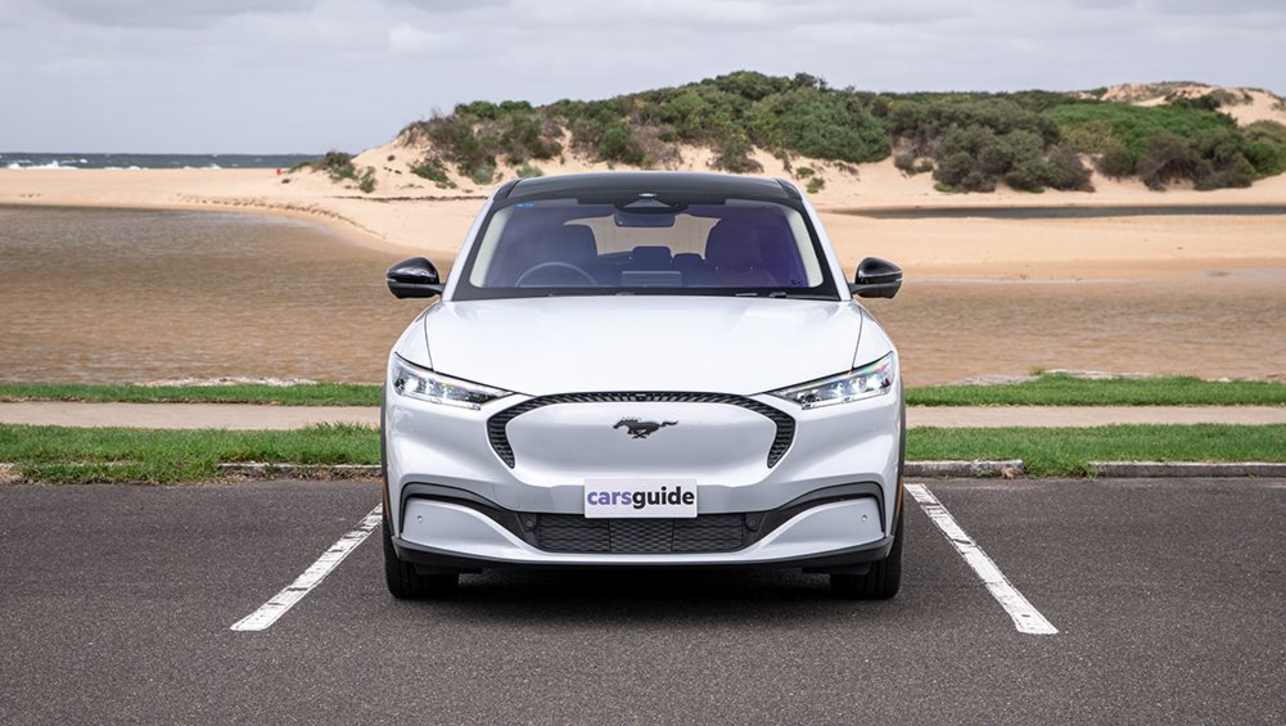

.jpg)
.jpg)
.jpg)

.png)
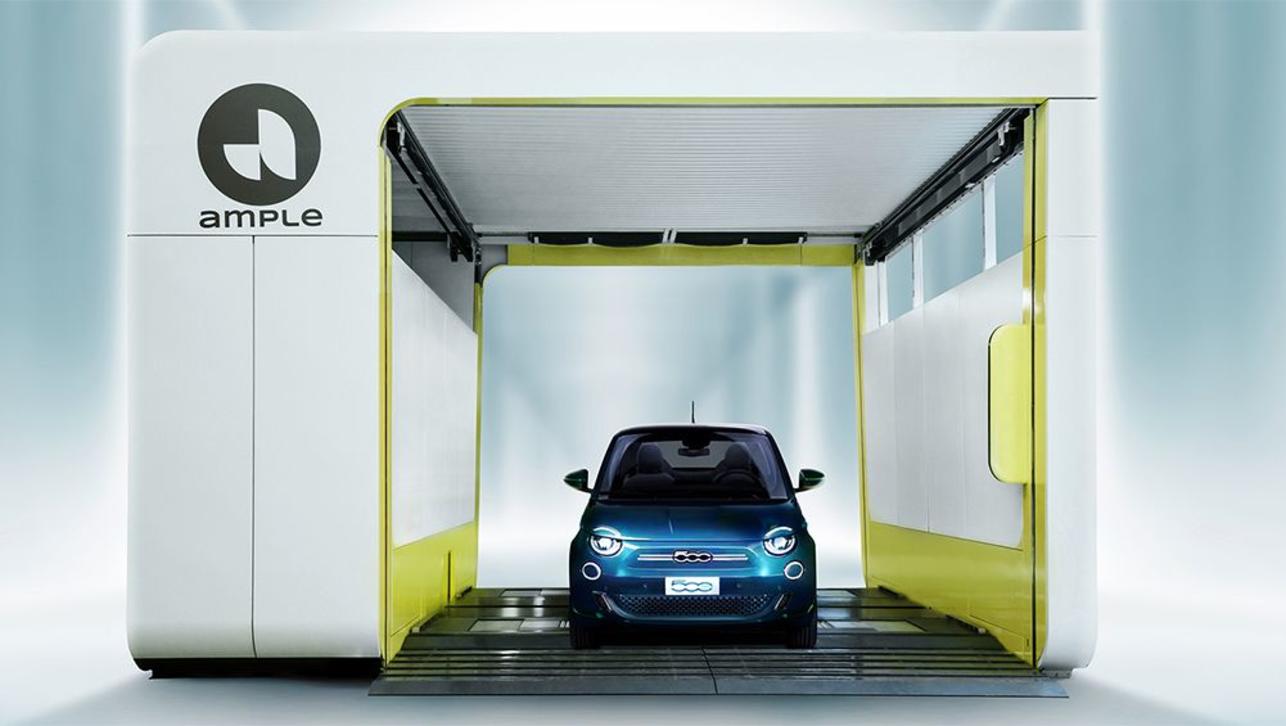
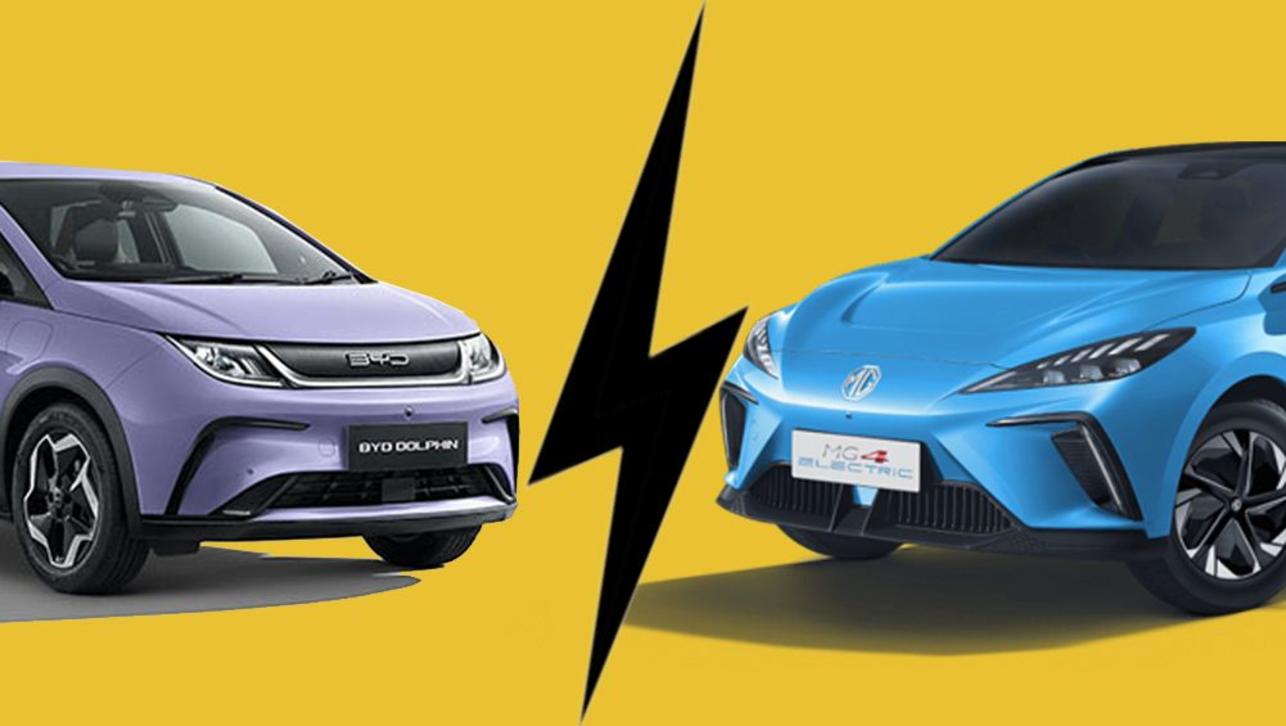



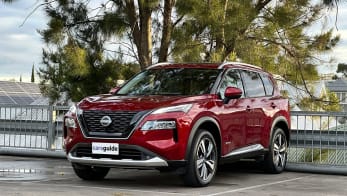
Comments